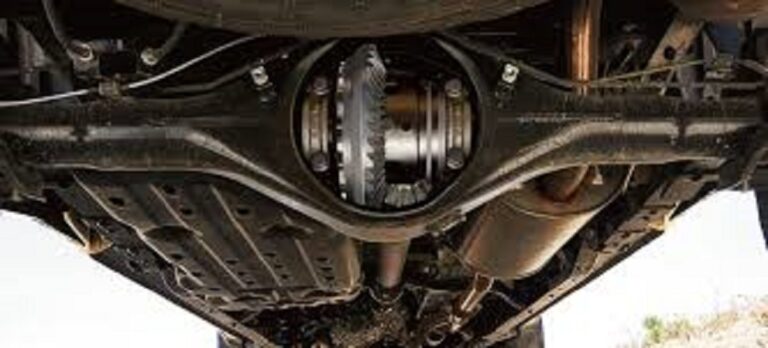Posted on 9/13/2022

Car companies have always tried out some unique features and options to make their vehicles stand out from their competition. Here is a link to a NAPA article about some of these unique features and options. https://knowhow.napaonline.com/7-strange-car-options-that-you-may-have-missed/
Posted on 9/8/2022

Oh man! I hate that when this happens! Hope your day is "noise free".
Posted on 9/6/2022

How do you find a great repair shop for your vehicle? Here are some ideas to consider: 1. Is the repair shop conveniently located for drop off and/or pick up? **BOB'S AUTO SERVICE IS LOCATED AT A MAJOR INTERSECTION IN LA CROSSE, WI 2. Does the shop offer after hours drop off and/or pick up? **BOB'S AUTO SERVICE OFFERS BOTH SERVICES WITH SECURITY IN MIND 3. Do they offer a shuttle service or loaner vehicles? **BOB'S AUTO SERVICE OFFERS SHUTTLE SERVICE AND HAS 3 LOANER VEHICLES FOR CUSTOMER TO USE AS NEEDED 4.. Is the shop clean and welcoming? **THE CUSTOMER AREA HAS BEEN REMODELED AND UPDATED AT BOB'S AUTO SERVICE 5. Is the Service Writer able to communicate clearly the problem so that you can understand? Do you feel at ease when you drop off AND pick up your vehicle? **HERE AT BOB'S AUTO SERVICE WE WORK HARD TO COMMUNICATE CLEARLY WITH OUR CUSTOMERS. OUR CUSTOMERS TELL US THEY ARE TREATED LIKE FAMILY AND THEY ARE HAPPY HERE If you have not been here before, we welc ... read more
Posted on 9/2/2022

We will be closed on Monday September 5th for the Labor Day holiday. We will be at it (Business As Usual) on Tuesday September 6th. We hope that you all have a fun and safe holiday weekend.